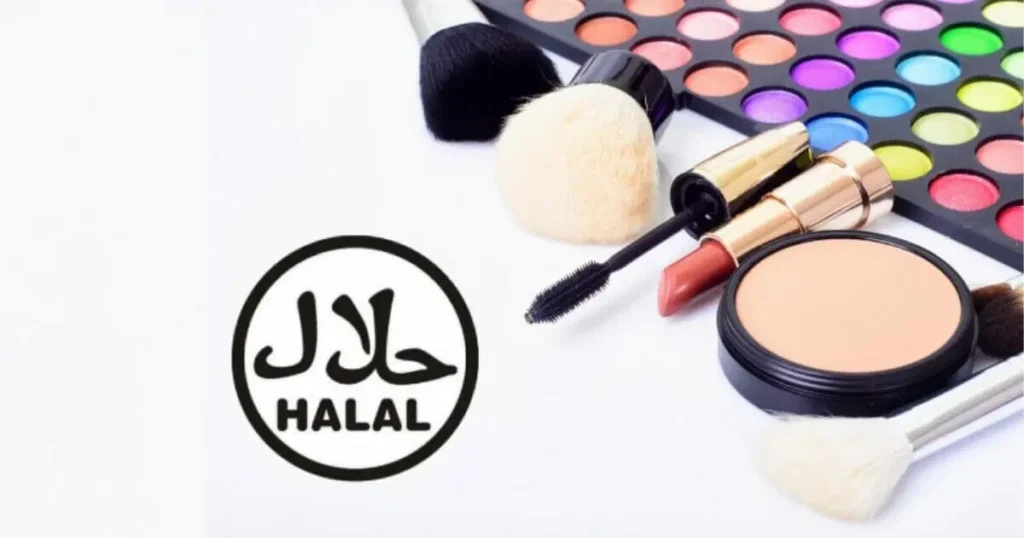
Halal Certification in Azerbaijan Cosmetics Market: A Strategic USP
The halal certification in the cosmetics market of Azerbaijan is more than a trend – it is a cultural necessity and a business opportunity. European beauty brands that adopt Halal standards can differentiate themselves, build trust, and expand into CIS countries with significant Muslim populations.
Azerbaijan’s Cosmetic Market: Between Tradition and Modernity
Demographics and Consumer Behavior
- Over 96% of the population is Muslim, but trends are strongly influenced by European and Turkish beauty culture.
- 68% of women under 35 prefer ethically produced cosmetics, including Halal-certified products (Statista Azerbaijan).
Competition Landscape
Local players like AzeriCosmetics already leverage Halal labeling, while global brands such as L’Oréal rarely apply it. This gap leaves room for international entrants.
What Halal Certification Means in Cosmetics
Key Requirements and Standards
- Ingredients: No animal by-products (unless Halal-slaughtered) and no ethanol.
- Production: Dedicated machinery to avoid contamination with non-Halal substances.
- Ethics: Cruelty-free (per EU standards) and sustainable packaging.
Note: In Azerbaijan, Halal certification is regulated by the State Committee on Religious Associations, requiring strict audits.
Why Halal Is a USP in Azerbaijan
Cultural Resonance
- Religious compliance: For many consumers, Halal is essential, similar to “vegan” in Germany.
- Trust signal: The label provides transparency, especially for skincare products used in religious routines.
Synergy with Global Trends
- Clean Beauty: Halal products naturally align with paraben-free, sulfate-free standards.
- Export potential: Certification in Azerbaijan opens doors to Kazakhstan, Uzbekistan, and other CIS markets.
Example: Turkish brand HalalCare increased sales by 200% after highlighting Halal-certified tinted creams.
Halal Cosmetics in Azerbaijan: How to Leverage the USP
Step 1: Target Audience Analysis
- Skincare for hijab-wearing women (non-comedogenic formulas).
- Halal makeup for weddings and festive events.
- Premium positioning: 15–20% higher prices justified by quality.
Step 2: Certification Process
- Partner with Azerbaijani certifiers like AzerHalal for faster approvals.
- Guarantee full traceability of ingredients (e.g., plant-based glycerin).
Step 3: Culturally Nuanced Marketing
- Collaborate with influencers such as Sabina Aliyeva (150k followers).
- Highlight Halal seals prominently with Arabic calligraphy.
Halal Beauty Certification: Case Study from Germany
PureSkin’s Market Entry in Azerbaijan
Munich-based brand PureSkin launched a Halal-certified skincare line in 2023, supported by TM GmbH.
- Challenge: Halal demand existed but was underutilized.
- Solution: Alcohol replaced with rosewater; workshops in Baku under “Clean & Halal.”
- Result: 90% of stock sold out in 2 months.
Skincare in Azerbaijan: Challenges and TM GmbH Solutions
Addressing Common Barriers
- Myth of a niche: We show that Halal appeals broadly across demographics.
- Logistics: Segregated storage solutions through TM GmbH’s logistics network.
- Cultural missteps: Vegan ≠ Halal (e.g., ethanol in serums). TM GmbH pre-screens your formulas.
Conclusion: Halal Certification – More Than a Label
The halal certification in Azerbaijan cosmetics market is deeply rooted in cultural values and aligned with international clean beauty trends. For European brands, it offers differentiation, consumer trust, and growth potential across CIS markets.
Ready to stand out in Azerbaijan? TM GmbH guides you from certification to market entry. Contact us for tailored strategy consulting.